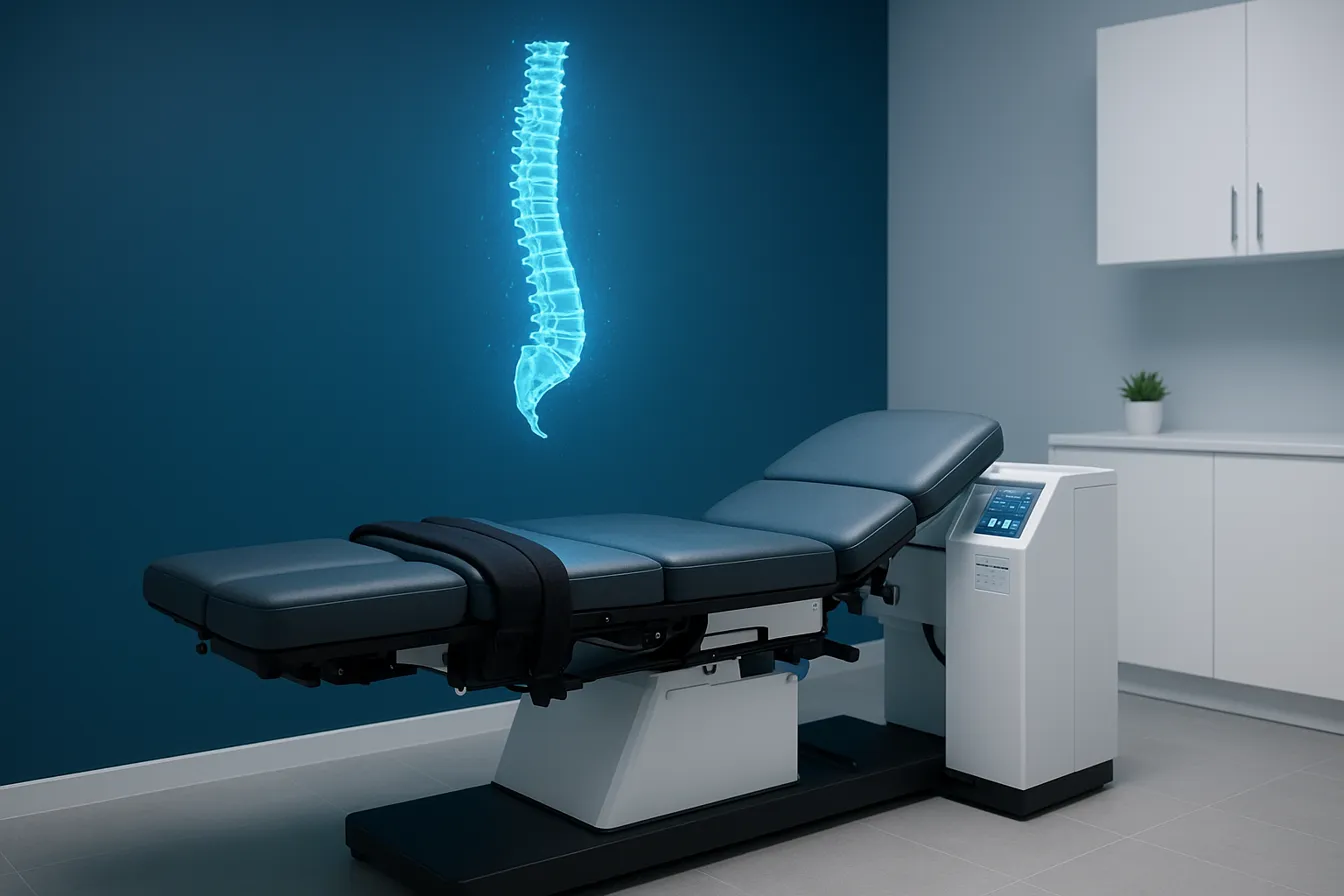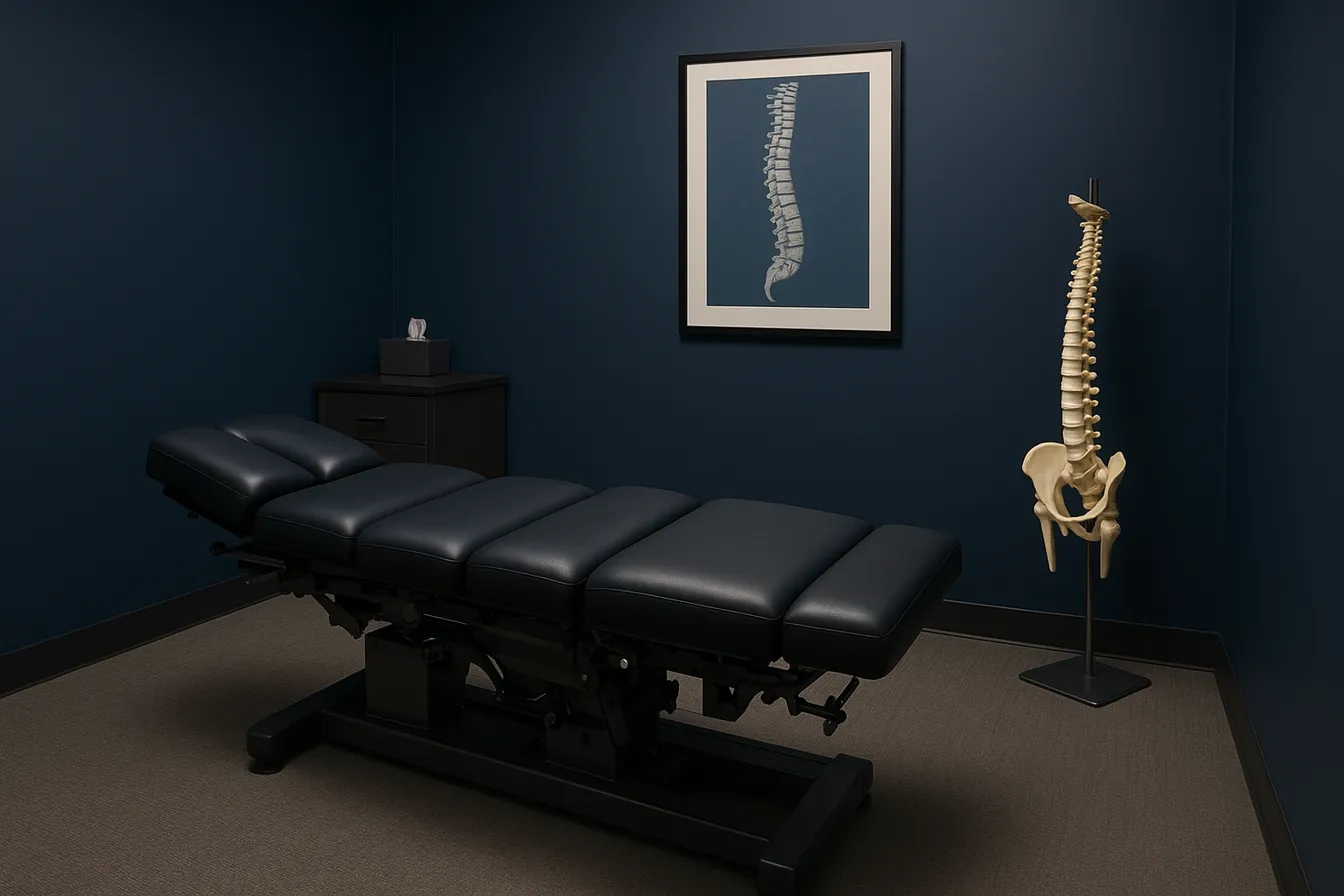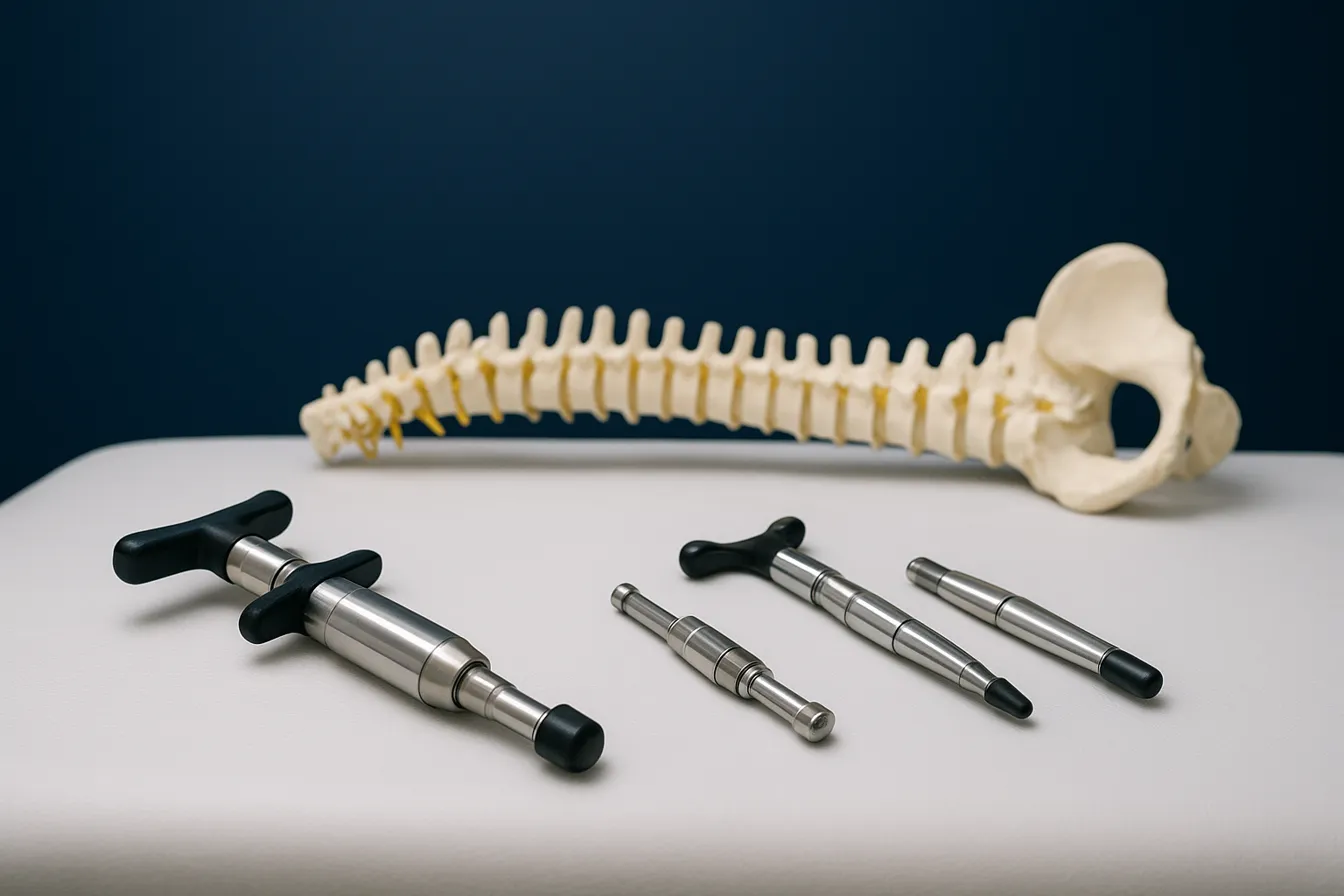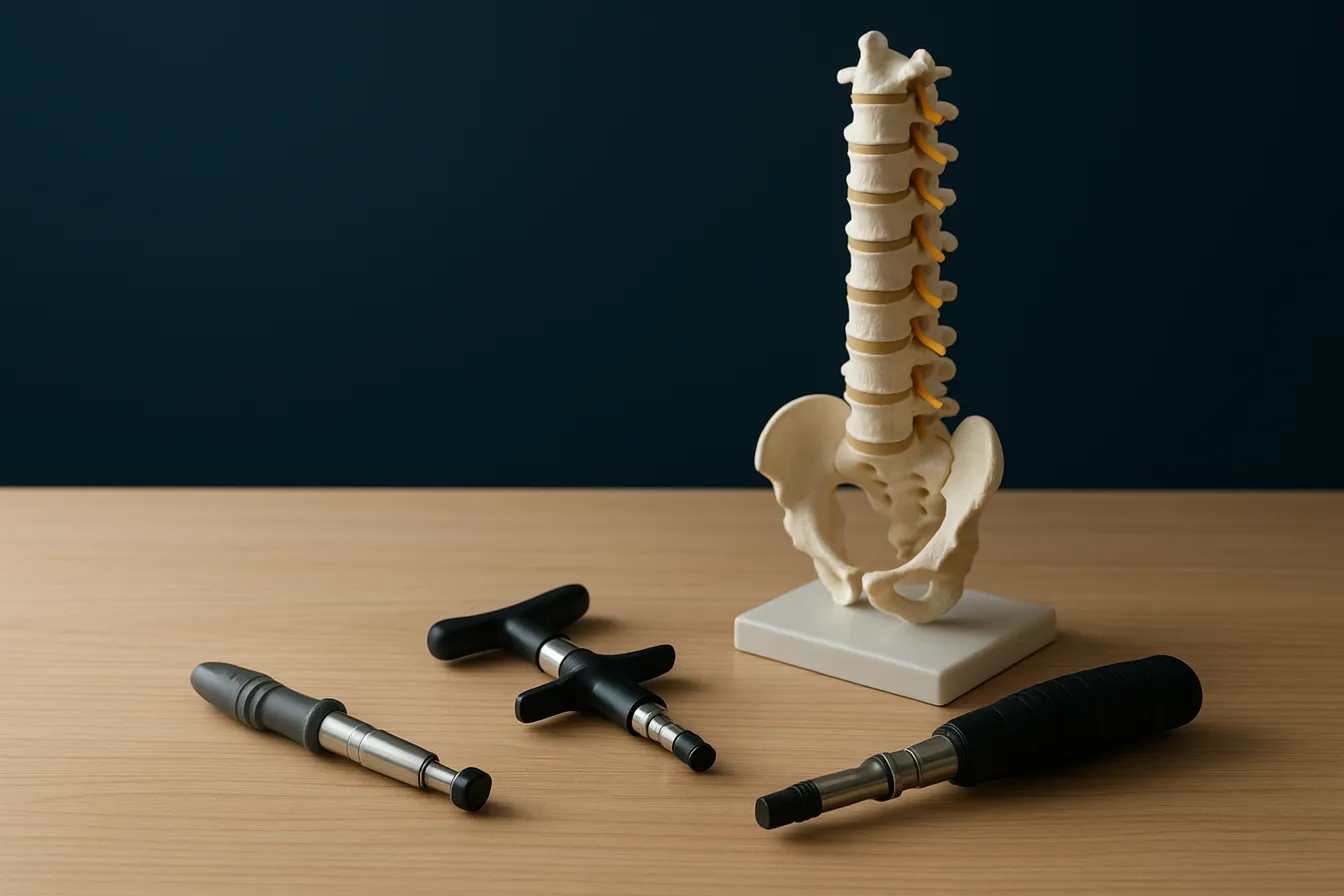Nutrition and Neuropathy: Dietary Interventions That Support Nerve Health
July 7, 2025
8 min

The Crucial Link Between Nutrition and Nerve Wellbeing
Nerve health is fundamental to overall wellness, influencing everything from sensation and movement to pain management and metabolic function. Neuropathy, characterized by nerve damage and dysfunction, affects millions worldwide and can arise from multiple causes including diabetes, nutritional deficiencies, and inflammation. Emerging scientific evidence underscores the pivotal role of nutrition in preventing nerve damage, managing neuropathic symptoms, and supporting nerve repair and regeneration. This article explores key nutrients, dietary patterns, and lifestyle interventions proven to enhance nerve function and reduce neuropathy burden.
Essential Nutrients and Their Roles in Nerve Health

What are the most important nutrients for nerve health?
Nerve health relies heavily on a variety of nutrients that support nerve function, repair, and protection. Among these, B vitamins are particularly vital. Vitamin B1 (thiamine) and its derivative benfotiamine help maintain nerve energy metabolism, while B6 (pyridoxine) assists in neurotransmitter synthesis. Vitamin B12 (cobalamin) is essential for myelin sheath integrity and nerve regeneration. Ensuring adequate intake of foods such as eggs, dairy, whole grains, leafy greens, and fortified cereals can support these nutrients.
Antioxidants like alpha-lipoic acid, which is abundant in spinach, broccoli, and potatoes, can help reduce nerve pain by fighting oxidative stress. Omega-3 fatty acids, primarily EPA and DHA found in fatty fish like salmon and mackerel, are crucial for maintaining nerve membrane integrity and reducing inflammation. Curcumin from turmeric exhibits anti-inflammatory effects, aiding in symptom alleviation such as numbness or tingling.
Overall, a balanced diet rich in these nutrients, along with professional guidance on supplementation, plays a critical role in nerve health management.
How do deficiencies or excesses of specific nutrients impact nerve health?
Nutritional imbalances can lead to or worsen nerve damage. Deficiencies in B12 and B1 are well-known causes of neuropathy. B12 deficiency can result in demyelination and nerve degeneration, presenting as numbness, tingling, or gait disturbance. Similarly, insufficient B1 can cause conditions like beriberi, characterized by nerve and muscle impairments.
On the other hand, excessive intake of certain nutrients can be harmful. For instance, high doses of vitamin B6 (above 1,000 mg daily) may cause sensory nerve damage. Overconsumption of fat-soluble vitamins such as A and D can also be toxic, leading to neurotoxicity.
Mineral excesses, like zinc or copper toxicity, interfere with nerve conduction and energy use. Malabsorption syndromes, poor diet, or certain medications can deplete essential nutrients, emphasizing the importance of maintaining a balanced and adequate intake.
In conclusion, both deficiencies and excesses of key nutrients can significantly impair nerve health, underscoring the need for a carefully managed diet and targeted supplementation when necessary.
The role of antioxidants and omega-3 fatty acids
Antioxidants, including alpha-lipoic acid and vitamins C and E, serve to neutralize free radicals that cause oxidative stress in nerve tissues. Enhanced antioxidant activity through diet or supplements can slow nerve degeneration, reduce pain, and support nerve regeneration.
Omega-3 fatty acids, especially EPA and DHA, are integral to maintaining the structural integrity of nerve cell membranes. They possess anti-inflammatory properties, reduce swelling and inflammation in nerve tissues, and promote remyelination. Regular consumption of fatty fish, walnuts, and flaxseeds can provide these vital nutrients.
Research shows that these compounds work synergistically to enhance nerve repair, improve circulation to nerve tissues, and protect against systemic inflammation, all of which are crucial for managing conditions like diabetic neuropathy.
Clinical insights on supplementation
Supplementing with nutrients such as alpha-lipoic acid, B12, and omega-3 fatty acids has shown promise in easing neuropathy symptoms. Alpha-lipoic acid, an antioxidant, can reduce pain, numbness, and tingling, mainly in diabetic peripheral neuropathy cases.
Vitamin B12 supplementation is essential for those with confirmed deficiencies, potentially reversing some nerve damage. Omega-3 supplements, especially fish oil, support nerve membrane health and help lower inflammation.
However, it is important to consult healthcare professionals before introducing supplements. Proper dosage, medical history, and current medications must be considered to avoid toxicity and interactions.
By understanding the balance of these essential nutrients and their impact, individuals can optimize their diet and supplement plan to support nerve health and potentially slow or prevent neuropathy progression.
Dietary Patterns That Support Nerve Regeneration and Symptom Management

What type of diet is best for managing neuropathy?
Managing neuropathy effectively involves adopting a diet that promotes nerve health and helps control underlying conditions like diabetes. The ideal dietary approach emphasizes maintaining steady blood sugar levels by choosing nutrient-dense foods such as fatty fish rich in omega-3 fatty acids, a variety of fruits and vegetables loaded with antioxidants, whole grains, legumes, and lean proteins. These foods supply essential nutrients like B vitamins, antioxidants, and healthy fats that support nerve repair, reduce inflammation, and protect against oxidative stress.
A balanced diet also aims to correct nutrient deficiencies, including vital vitamins like B12, B1, and D, which are crucial for nerve function. Incorporating gastrointestinal-friendly foods can alleviate nerve-related symptoms like diarrhea or constipation. Limiting processed foods, refined carbohydrates, added sugars, saturated fats, and alcohol is essential, as these can exacerbate nerve damage.
For optimal results, this nutritional strategy should be complemented by regular physical activity, proper foot care, and adherence to medical advice. Consulting with a healthcare provider or a registered dietitian can help create a personalized dietary plan aimed at reducing symptoms and supporting nerve regeneration.
How can dietary interventions help manage neuropathy symptoms?
Dietary interventions are powerful tools in alleviating neuropathy symptoms by providing the nutrients necessary for nerve repair and reducing damaging inflammation. Studies indicate that plant-based diets rich in vegetables, fruits, nuts, seeds, and whole grains—such as the Mediterranean or gluten-free diets—can improve nerve function, decrease pain, and enhance electrophysiological outcomes.
Foods high in antioxidants, like berries, dark leafy greens, and nuts, combat oxidative stress, a major factor in nerve damage. Omega-3 fatty acids from sources like fatty fish, flaxseeds, and walnuts help rebuild the myelin sheath that insulates nerves and reduce inflammation.
Supplementation with compounds such as alpha-lipoic acid and NAD+ precursors has shown promising results in improving nerve symptoms and mitochondrial health, especially in diabetic neuropathy. Combining these dietary choices with lifestyle modifications like exercise and adequate hydration can enhance nerve regeneration and functionality.
While current evidence is promising, ongoing research continues to explore the full potential of dietary strategies. Nonetheless, personalization and adherence to a nutrient-rich, anti-inflammatory diet remain foundational for managing neuropathy symptoms effectively.
Foods That Promote Nerve Repair and Should Be Included in Your Diet

Which foods and nutrients support nerve repair and regeneration?
A diet rich in specific foods can significantly aid in nerve repair and regeneration. Berries such as blueberries, strawberries, and cherries are packed with antioxidants like vitamin C and polyphenols, which help protect nerve cells from oxidative stress and damage.
Dark leafy greens including spinach, kale, and Swiss chard are excellent sources of B vitamins, particularly B6 and B12, crucial for nerve repair, myelin sheath production, and proper nerve signaling.
Foods high in omega-3 fatty acids, such as fatty fish like salmon, mackerel, and sardines, are fundamental in rebuilding the myelin sheath, supporting nerve insulation and overall nerve function.
Potassium-rich foods like avocados and bananas help regulate nerve activity by maintaining proper electrical transmission in nerve cells.
Moreover, turmeric contains curcumin, a potent anti-inflammatory compound that supports nerve regeneration by reducing inflammation and oxidative stress.
Foods rich in vitamin E, including nuts and seeds like almonds, walnuts, sunflower seeds, and saffron, help protect nerves from oxidative damage and promote healing. Incorporating these nutrient-dense foods into your diet can foster a healthy environment for nerve regeneration and functional recovery.
Dietary and Lifestyle Changes to Prevent and Slow Neuropathy Progression

What lifestyle and dietary changes can help prevent neuropathy or slow its progression?
To reduce the risk of developing neuropathy or to slow its worsening, adopting a comprehensive lifestyle approach is essential. Focus on a balanced diet filled with nutrient-rich foods like fruits, vegetables, whole grains, lean meats, and omega-3 fatty acids found in fatty fish, walnuts, and flaxseeds. These nutrients have anti-inflammatory and nerve-supporting properties.
Controlling blood sugar levels is particularly important, especially for individuals with diabetes. Keeping carbohydrate intake in check, choosing low glycemic index foods such as legumes, non-starchy vegetables, and whole grains, and maintaining proper portion sizes can prevent blood sugar spikes that damage nerves.
Engaging in regular physical activity—such as walking, swimming, or gentle aerobics—improves circulation, supports nerve repair, and helps manage weight. Exercise not only reduces pain but also enhances overall nerve function.
Manage stress through relaxation techniques like yoga or meditation, which can help alleviate nerve pain and improve mental well-being.
Avoid harmful toxins such as excessive alcohol, which acts as a neurotoxin, and minimize intake of processed foods containing trans fats and refined sugars, which promote inflammation.
Ensuring adequate intake of vital nutrients like vitamin B12, vitamin D, magnesium, and essential fatty acids further supports nerve health. Quitting smoking and practicing good foot care, especially for diabetics, can prevent complications.
Incorporating these lifestyle modifications can contribute significantly to preventing nerve damage and maintaining nerve function over time.
Foods and Substances to Avoid for Optimal Nerve Health

Which foods or dietary components should be avoided to reduce nerve pain?
To effectively manage nerve pain and prevent further nerve damage, certain foods and substances should be minimized or avoided altogether. High-sugar foods such as candies, desserts, baked goods, and sugary drinks tend to raise blood glucose levels and increase inflammation, which can worsen symptoms of nerve damage.
Processed foods—especially those high in sodium, trans fats, and preservatives—like fast food, fried items, and snack chips, can restrict blood flow and contribute to inflammation. These effects compound nerve stress and delay healing.
Gluten-containing grains may trigger immune responses in sensitive individuals, potentially aggravating peripheral nerve issues. It can be beneficial for those with gluten sensitivities or celiac disease to avoid gluten-rich products.
Dairy products, particularly those high in saturated fats such as full-fat cheese and butter, can promote inflammation and should be consumed cautiously.
Excessive alcohol intake is harmful as alcohol acts as a neurotoxin and can deplete vital nutrients like B vitamins, increasing the risk of neuropathy.
Instead of these potentially aggravating foods, a focus on whole, unprocessed plant foods, healthy fats from sources like omega-3 rich fish and nuts, lean proteins, and plenty of water is recommended. This dietary approach provides essential nutrients for nerve repair while minimizing inflammation and blood sugar spikes.
By avoiding these foods, individuals can reduce inflammation levels, support better blood flow, and create an environment conducive to nerve regeneration and symptom relief.
Harnessing Nutrition for Lasting Nerve Health
Optimal nerve function depends considerably on nutrition and lifestyle choices that support nerve repair, reduce inflammation, and maintain metabolic balance. By emphasizing nutrient-dense foods rich in B vitamins, omega-3 fatty acids, antioxidants, and minerals — while avoiding inflammatory and toxic dietary components — individuals can effectively manage neuropathy symptoms and potentially slow disease progression. Combined with regular exercise, hydration, and medical care, dietary interventions present a powerful tool to enhance quality of life for those living with neuropathy. Ongoing research promises to deepen understanding and refine nutritional strategies for nerve health, empowering patients and clinicians alike to employ diet as a vital element of neuropathy care.
References
- Peripheral Neuropathy Nutrition
- Neuropathy Nutrition 101 - Neuropathic Therapy Center
- Lifestyle Changes for Peripheral Neuropathy | NYU Langone Health
- Dietary restriction supports peripheral nerve health by enhancing ...
- Six Great Plant-Based Foods to Fight Nerve Pain
- Diabetic neuropathy: Can dietary supplements help? - Mayo Clinic
- [PDF] The Role of Diet in Managing Neuropathy
- Foods That Support Nerve Regeneration and Recovery - Asuta Health
Recent articles

10 Corrective Exercises to Maintain a Healthy Spine and Relieve Pain

Exercise Strategies for Long-Term Pain Management

The Importance of Treating the Root Cause of Pain

Nutritional Support Strategies for Whole-Body Wellness

7 Essential Questions to Ask When Choosing Your Chiropractor

Identifying and Addressing Root Causes of Pain

Maintaining a Healthy Spine with Lifestyle Adjustments

Sciatica Symptom Relief via Spinal Decompression

8 Reasons Why Addressing the Root Cause of Pain Is Crucial

Chiropractic Care’s Impact on Back Pain Recovery

Combining Physiotherapy with Chiropractic Care for Better Results

Inspiring Recovery: Chiropractic Patient Testimonials

Nutritional Counseling Tips for Optimal Wellness

Why Addressing the Root Cause of Pain is Crucial

Back Pain and Chiropractic Care: A Winning Combination

Chiropractic Care Benefits You Might Not Know

Exploring Holistic and Non-Surgical Treatments for Pain

Spinal Health: Lifestyle Tips for Everyday Wellness

Spinal Decompression Therapy: Benefits and Applications

Holistic and Non-Invasive Spine Care Options

Everyday Lifestyle Advice to Keep Your Spine Healthy

The Significance of Treating Root Causes in Pain Therapy

Best Corrective Exercises for Sustainable Pain Management

Addressing Underlying Causes of Pain for Long-Term Relief

6 Key Benefits of Spinal Decompression Therapy for Sciatica Relief

How Nutritional Counseling Supports Spine Health and Recovery

The Role of Physiotherapy in Supporting Chiropractic Treatments

What Happens During Your First Visit to a Chiropractor?

Holistic and Non-Invasive Treatments: Alternatives to Back Surgery

How Spinal Decompression Therapy Relieves Sciatic Nerve Pain

Real Patient Testimonials: Success Stories from Chiropractic Care

Understanding Spinal Decompression for Effective Sciatica Relief

What to Expect When Visiting a Chiropractor for the First Time

Benefits of Regular Chiropractic Adjustments for Back Pain Management

Patient Testimonials Highlighting the Benefits of Chiropractic Care

Corrective Exercise Routines Designed for Lasting Back Pain Relief

Lifestyle Recommendations for Sustaining a Healthy Spine

Nutritional Guidance to Support Spinal Function and Healing

Long-Term Corrective Exercises for Preventing Recurring Back Pain

Spinal Decompression: What Sciatica Patients Should Know

Why Treating the Root Cause of Back Pain Is More Effective Than Symptom Relief

Nutritional Counseling Strategies for Spine Health Improvement

Top Benefits of Chiropractic Care for Chronic Back Pain Sufferers

Exploring Non-Surgical and Holistic Treatment Options for Spinal Conditions

Exploring Holistic and Non-Surgical Treatments for Back Pain Relief

Powerful Patient Stories: Chiropractic Care Transformations

Effective Spinal Decompression Techniques for Sciatica Sufferers

Holistic Alternatives to Surgery for Chronic Back and Sciatica Pain

5 Corrective Exercises to Achieve Long-Term Pain Relief

Effective Corrective Exercises to Combat Sciatica and Back Pain

How Spinal Decompression Therapy Alleviates Sciatica Pain Naturally

Lifestyle Changes to Maintain a Healthy Spine and Reduce Back Pain

8 Things to Expect at Your First Chiropractic Visit

Combining Physiotherapy with Chiropractic Care for Optimal Back Pain Management

Choosing the Right Chiropractor: Expectations for Your Initial Visit

7 Inspiring Patient Testimonials That Highlight Chiropractic Success

10 Reasons Why Addressing the Root Cause of Pain is Essential

Inspiring Chiropractic Patient Testimonials and Their Healing Journeys

9 Nutritional Counseling Tips for Enhancing Overall Wellness

Understanding the Importance of Root Cause Analysis in Pain Management

Addressing Pain at Its Source: The Importance of Root Cause Treatment

Lifestyle Advice for Back Pain Prevention and Spinal Care

Combining Physiotherapy and Chiropractic for Enhanced Recovery

Preparing for Your First Chiropractor Appointment: What You Should Know

Corrective Exercises to Strengthen Your Back and Prevent Pain

How Treating the Root Cause Can Prevent Chronic Back Pain Recurrence

The Role of Nutrition in Supporting a Healthy Spine

Nutritional Counseling Tips to Enhance Spinal Health and Wellness

Practical Lifestyle Advice for Maintaining Spinal Alignment and Health

Chiropractic Care: Key Benefits for Managing and Preventing Back Pain

Corrective Exercises That Support Long-Term Relief from Sciatica

Chiropractic Methods That Provide Lasting Relief from Back Pain

Understanding Spinal Decompression and Its Benefits for Sciatica

Real Patient Testimonials: Success Stories in Chiropractic Care

Top Questions to Ask Your Chiropractor During Your Initial Visit

Physiotherapy's Role in Supporting Chiropractic Treatment Plans

The Role of Diet and Nutrition in Enhancing Wellness and Chiropractic Care

Inspiring Patient Testimonials Highlighting Chiropractic Success

Chiropractic Care: A Natural Solution for Back Pain Relief

Amazing Patient Success Stories in Chiropractic Wellness

Combining Physiotherapy and Chiropractic for Optimal Healing

Spinal Decompression Therapy: A Breakthrough for Sciatica Sufferers

5 Holistic Treatments That Complement Chiropractic Care

How Physiotherapy Supports and Enhances Chiropractic Treatment

Root Cause Versus Symptom Treatment: Making the Right Choice

7 Essential Things to Know Before Choosing Your Chiropractor

Why Addressing Root Causes of Pain Matters More Than Just Symptoms

Nutritional Counseling Strategies to Boost Your Overall Wellness

How Spinal Decompression Therapy Alleviates Sciatic Nerve Pain

Long-Term Pain Relief Through Targeted Corrective Exercises

10 Benefits of Integrating Physiotherapy with Chiropractic Treatments

Corrective Exercises That Help Prevent Recurring Pain

8 Corrective Exercises Proven for Lasting Pain Relief

Lifestyle Habits for Maintaining a Healthy Spine

What You Will Experience at Your Initial Chiropractic Visit

What Happens at Your First Visit to a Chiropractor?

Focusing on Root Cause Analysis for Effective Pain Relief

Tips for Lifestyle Changes to Support Spinal Health

Tips for Lifestyle Changes to Support Spinal Health

